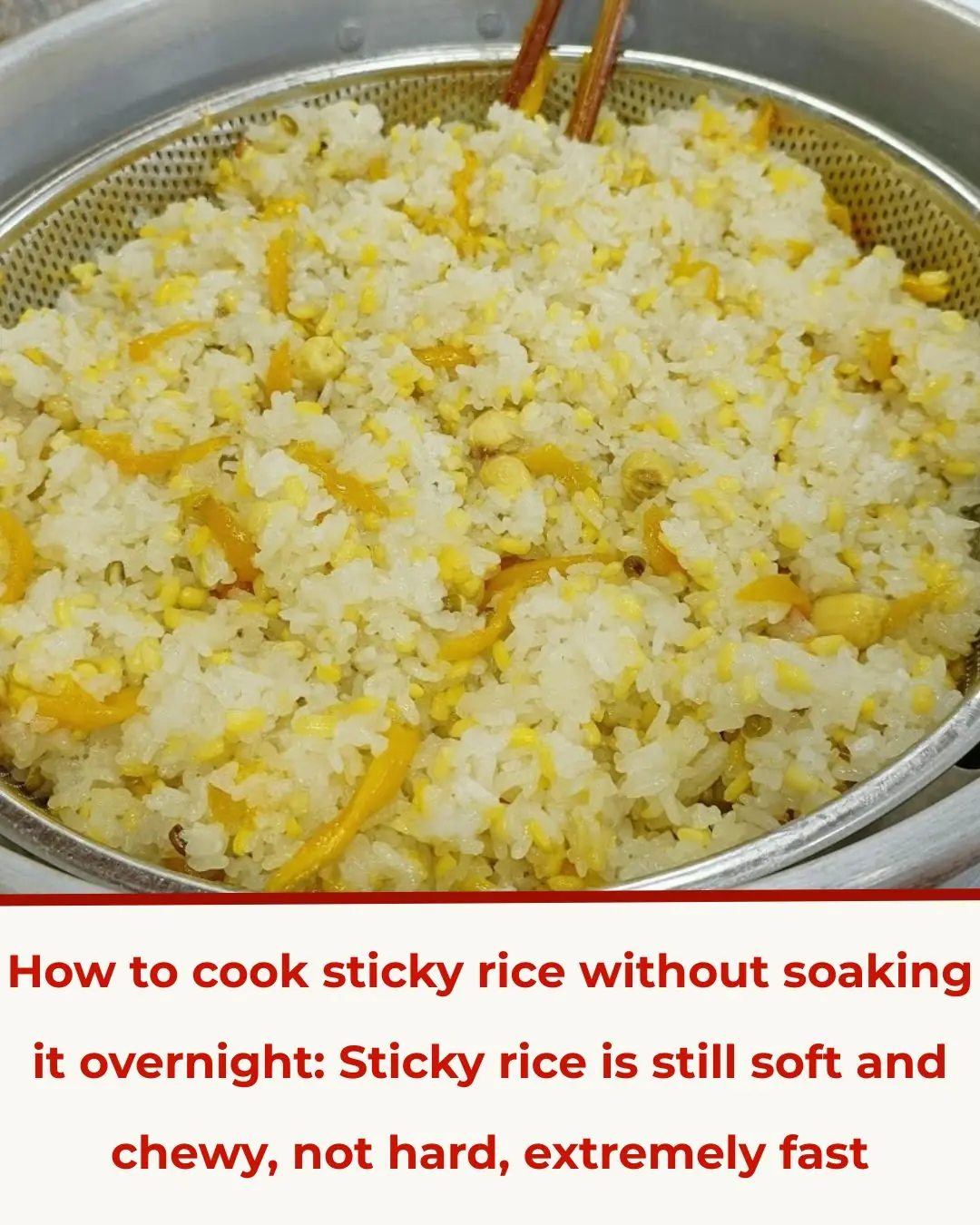
Throat Pain Leads to a Shocking Diagnosis: Man Discovers Late-Stage Stomach Cancer and Blames Two Hidden “Culprits” in His Kitchen
For weeks, 63-year-old Mr. Tran from Taichung, Taiwan, believed that his sore throat was simply caused by the cold weather and his habit of talking too much. As a retired teacher, he often attributed such discomfort to the lingering strain from years of lecturing. However, what seemed like a minor issue turned out to be a devastating discovery — late-stage stomach cancer.
From Sore Throat to Tragic Diagnosis
Mr. Tran first noticed irritation and mild pain in his throat, but assumed it was nothing serious. When swallowing became difficult and he began losing weight rapidly, his family urged him to visit a hospital.
At the Tzu Chi Hospital in Taichung, Deputy Director and gastrointestinal surgeon Dr. Yu Zhengzhan recalled the case vividly. “He came to the ENT (Ear, Nose, and Throat) department, thinking it was a simple throat inflammation,” said Dr. Yu. “But the doctor noticed something abnormal and referred him to the Gastroenterology Department for further testing.”
After an endoscopy and biopsy, the results confirmed the worst: Stage IV stomach cancer — the final stage, meaning the tumor had already spread (metastasized) to other organs.
The Emotional Shock
When he first heard the diagnosis, Mr. Tran was in disbelief. He insisted that the hospital had made a mistake. Only after Dr. Yu personally explained the results did he break down and weep. Returning home in despair, he did something no one expected: he went straight to his kitchen and threw away all the jars of pickled vegetables and salt containers, blaming them as the “two main culprits” behind his deadly disease.
Why Too Much Salt and Pickled Foods Increase the Risk of Stomach Cancer
According to Dr. Yu, a high-salt diet is one of the leading dietary causes of stomach cancer. Mr. Tran’s family confirmed that he had an unusually strong preference for salty foods — he even kept a salt shaker beside him during meals, adding more to his bowl each time.
“The World Health Organization recommends that adults consume less than 5 grams of salt per day,” Dr. Yu explained. “Excess salt damages the stomach lining, leading to chronic inflammation, ulcers, and eventually raising the risk of gastric cancer. Salt also stimulates the production of free radicals and promotes DNA mutations.”
Moreover, a high-salt environment allows the Helicobacter pylori bacteria to thrive — a well-known cause of stomach ulcers and cancer. Over time, these combined effects create the perfect storm for malignant transformation in the stomach’s mucosal cells.
Mr. Tran also loved pickled vegetables, especially quick-pickled (lightly fermented) ones. While these may seem harmless, Dr. Yu warned that frequent consumption of pickled or salted foods significantly increases the risk of stomach cancer due to nitrosamines — carcinogenic compounds formed during the fermentation process.
“Quick pickles often contain high levels of nitrites, which, when mixed with amines in the stomach, form nitrosamines,” he said. “These compounds, combined with the acidic environment of the stomach, can cause chronic irritation and cellular damage.”
Additionally, improperly fermented or contaminated pickles may harbor harmful bacteria or mold, adding to the health risks. Eating such foods regularly can also disrupt the gut’s healthy microbiota, reducing the body’s ability to protect itself from inflammation and disease.
Warning Signs of Stomach Cancer
Discussing Mr. Tran’s difficulty swallowing, Dr. Yu explained:
“In advanced stomach cancer, large tumors can compress or narrow the esophagus and the gastric entrance, making it painful and difficult for food to pass into the stomach. Chronic inflammation and ulcers caused by cancer also increase sensitivity and pain when swallowing.”
Beyond swallowing problems, other common warning signs of stomach cancer include:
-
Epigastric pain: Persistent dull or burning pain in the upper abdomen.
-
Nausea or vomiting, sometimes with blood, as the disease progresses.
-
Unexplained weight loss and loss of appetite.
-
Bloating, indigestion, or feeling full after eating very little.
-
Dark or bloody stools, a sign of internal bleeding.
-
Fatigue and anemia, due to chronic blood loss or poor nutrient absorption.
-
Persistent bad breath or acid reflux, often linked to delayed gastric emptying.
Early Detection Saves Lives
Dr. Yu emphasized that early detection is crucial:
“Stomach cancer can be treated effectively if diagnosed early, but in later stages, the prognosis worsens dramatically. Regular screening and prompt medical attention for symptoms like heartburn, chronic indigestion, or unexplained pain can make a life-saving difference.”
In East Asian countries such as Japan and South Korea, routine gastric screenings have helped reduce mortality rates significantly. People over 40, especially those with a family history of stomach cancer or long-term Helicobacter pylori infection, are advised to undergo periodic endoscopy.
Lessons from Mr. Tran’s Story
Mr. Tran’s case is a heartbreaking reminder of how dietary habits, accumulated over years, can silently shape our health. A simple sore throat, ignored for weeks, masked the signs of a far more serious condition.
While not all cases are caused by diet, limiting salt intake, avoiding excessive pickled or processed foods, and maintaining regular health check-ups can dramatically reduce one’s risk.
Doctors recommend:
-
Eat fresh fruits and vegetables daily.
-
Reduce preserved, smoked, or salted foods.
-
Quit smoking and limit alcohol consumption.
-
Treat Helicobacter pylori infections promptly.
-
Schedule routine screenings if you have chronic digestive symptoms.
A Final Word
After accepting his diagnosis, Mr. Tran told his doctor he regretted not paying attention to his body sooner. He urged others not to ignore persistent symptoms and to be mindful of what they eat.
His story serves as both a caution and a call to action: small habits — like adding extra salt or enjoying daily pickles — may seem harmless today but can have serious consequences tomorrow.
Take care of your stomach, and it will take care of you. Early attention, mindful eating, and regular check-ups remain the best defense against this silent killer.
News in the same category

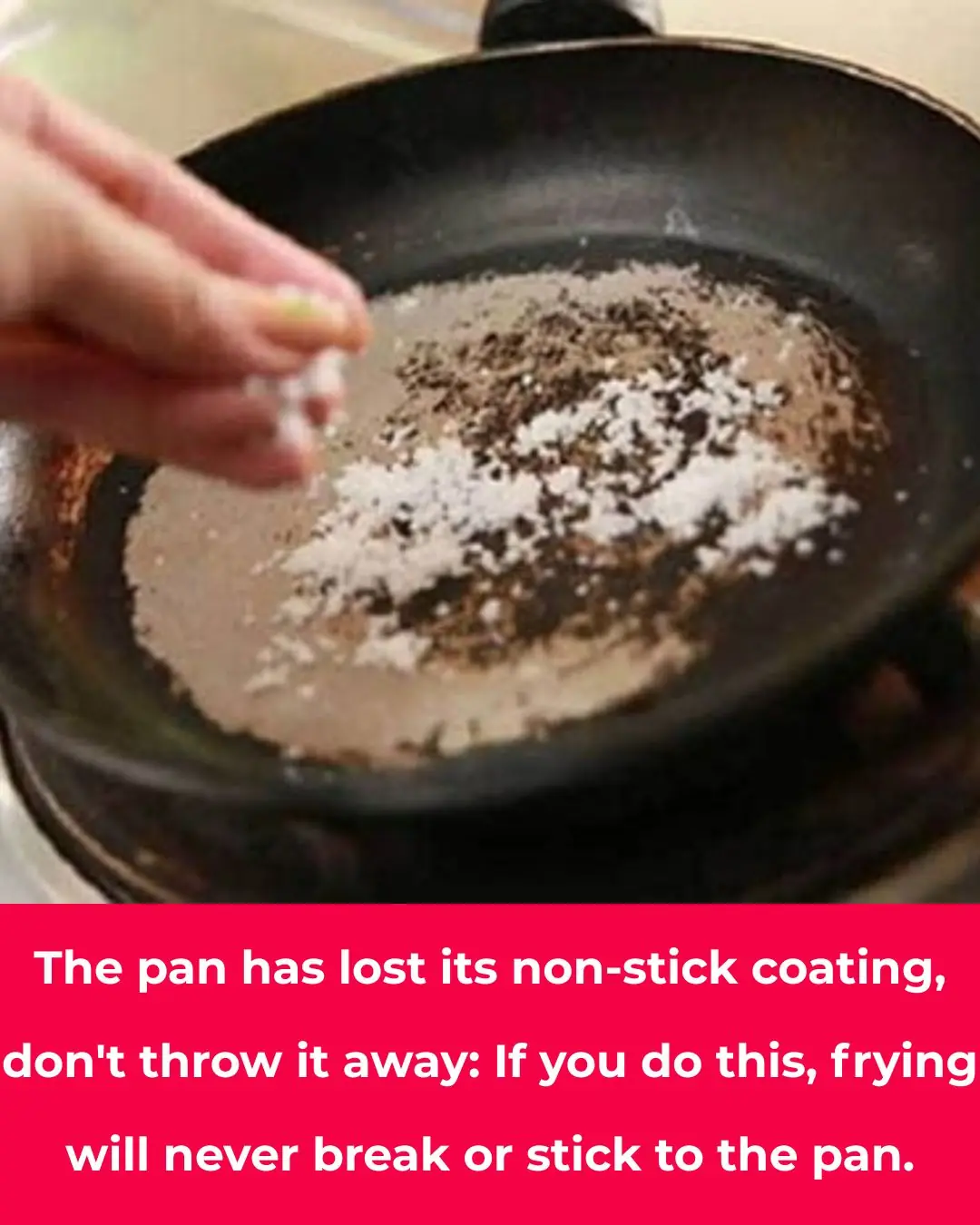
The pan has lost its non-stick coating, so don't throw it away
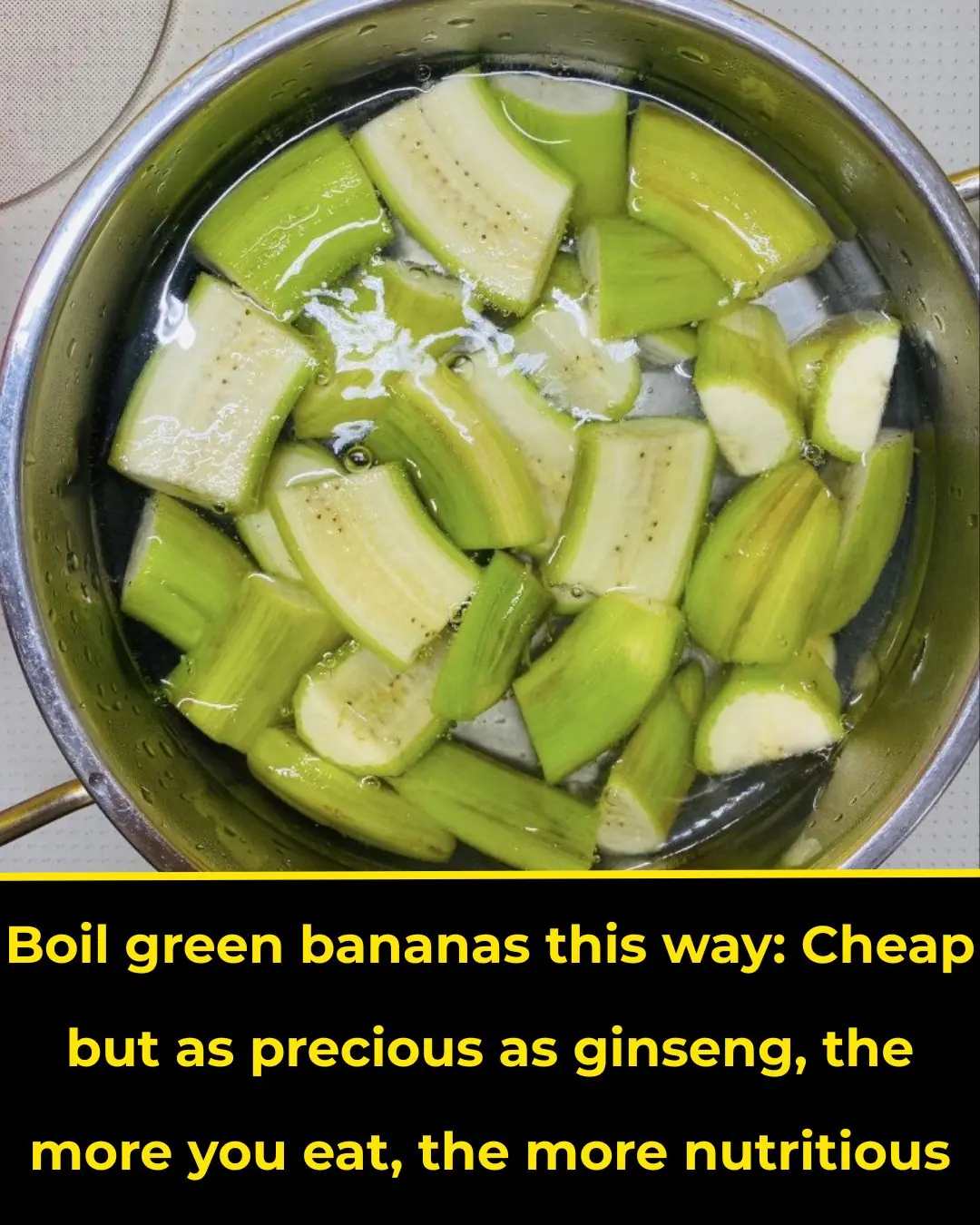
Boil green bananas this way

Why Flight Attendants Often Carry a Banana on Board: The Surprising Benefits
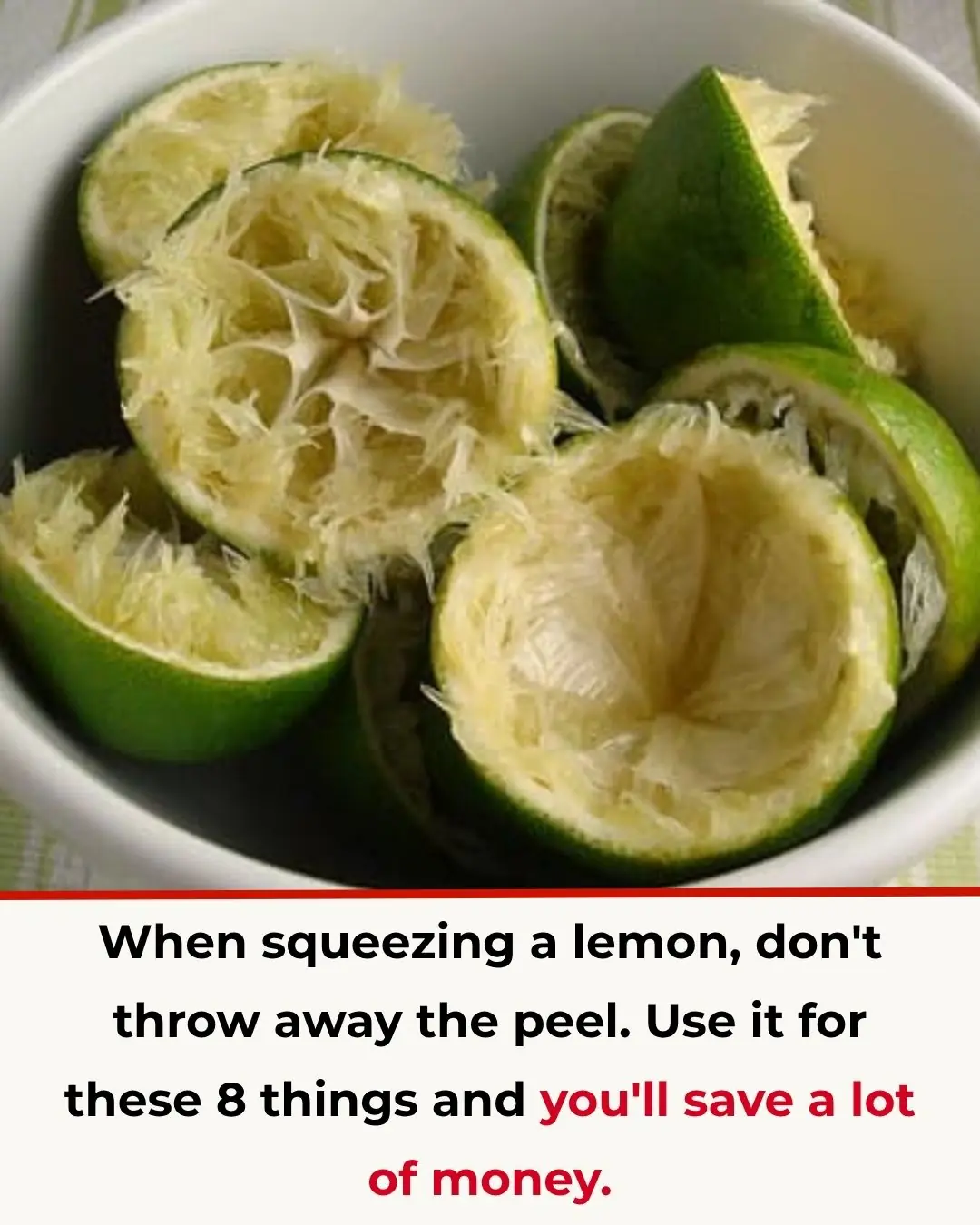
Don’t Toss Your Lemon Peels! 8 Smart Ways to Save Money and Make Life Easier

Why Sleeping in Socks Might Be the Secret to Better Sleep
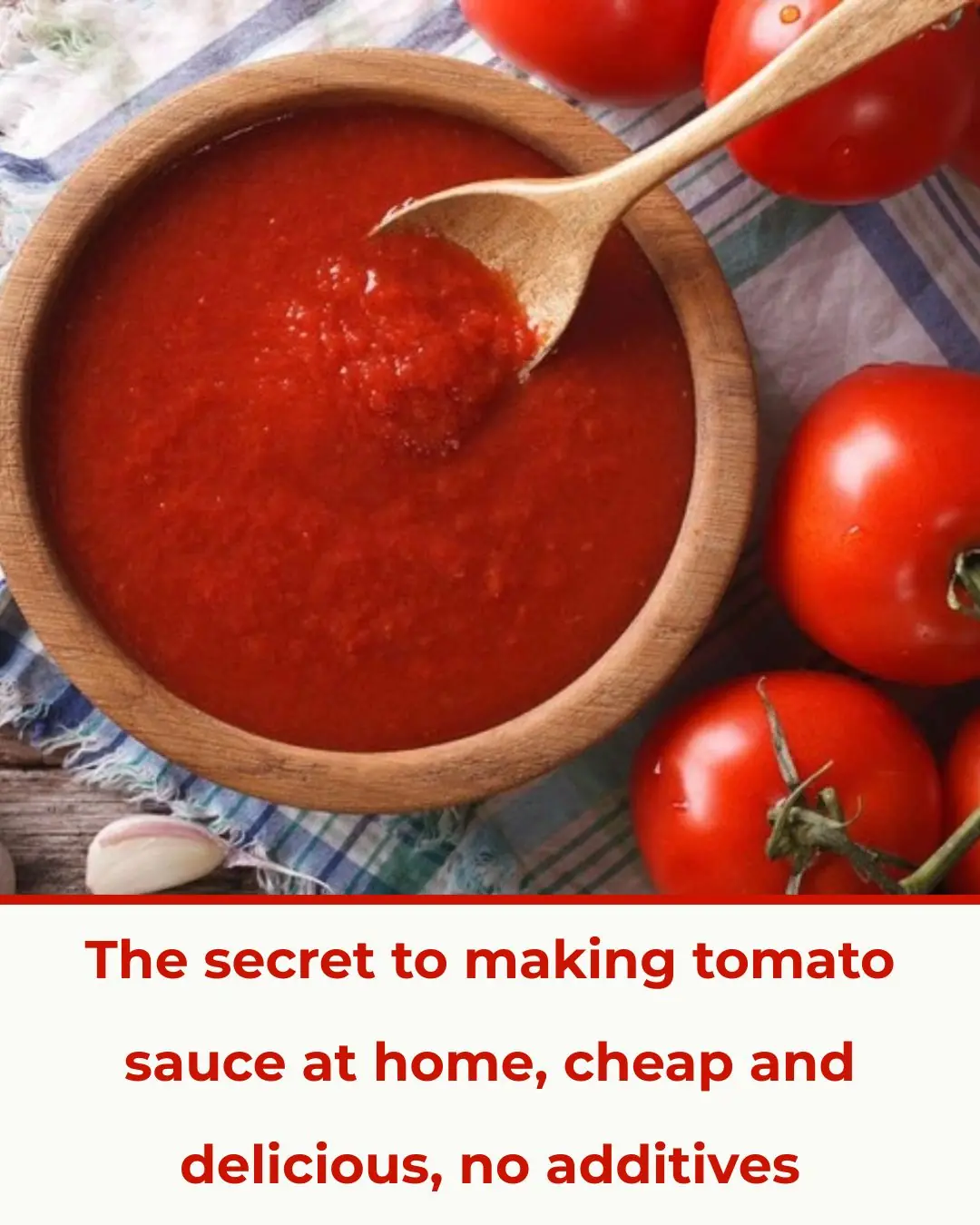
The secret to making your own tomato sauce at home
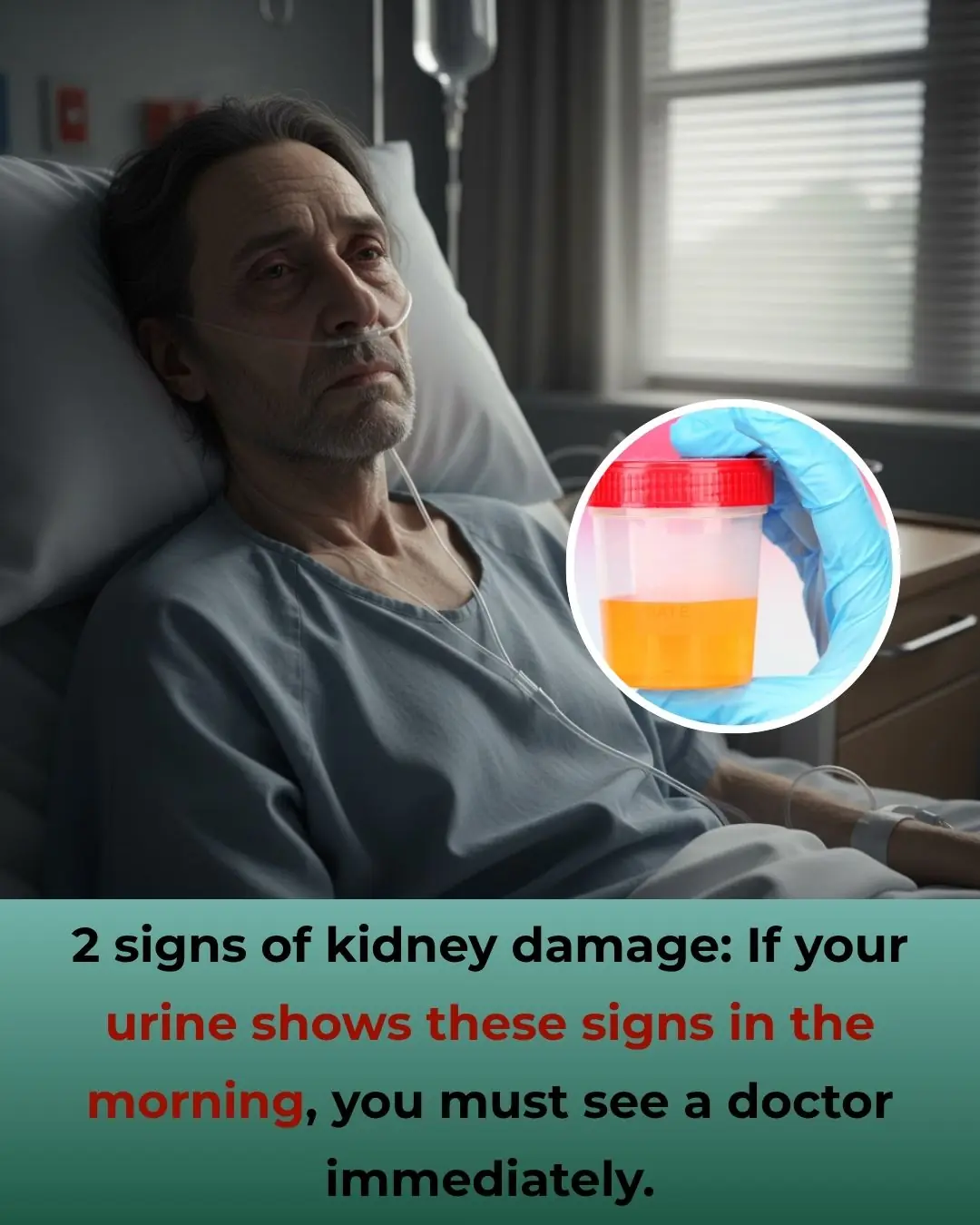
2 Signs of Kidney Damage: Morning Urine Showing These Signs Means You Should See a Doctor Immediately
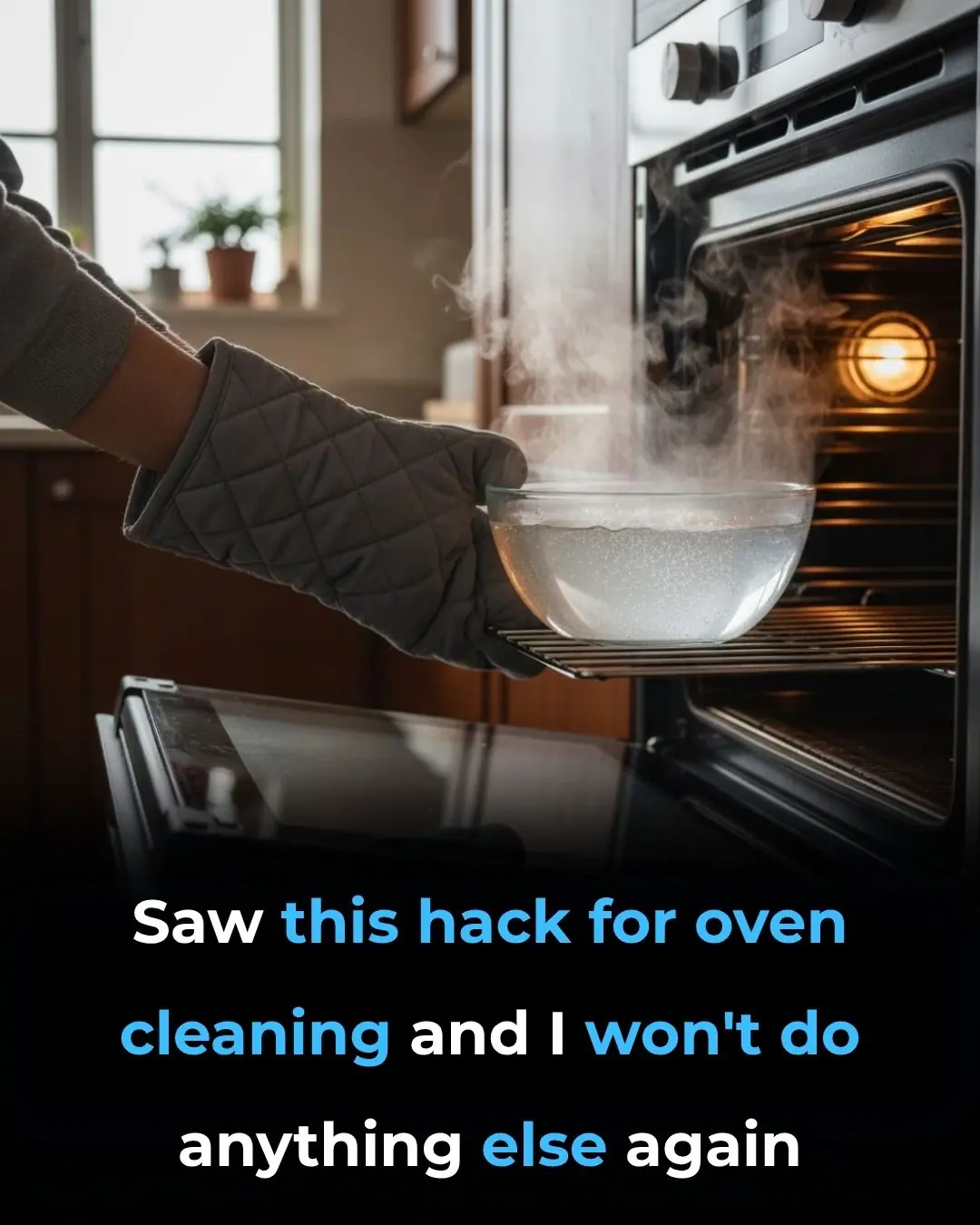
Saw This Trick For Oven Cleaning
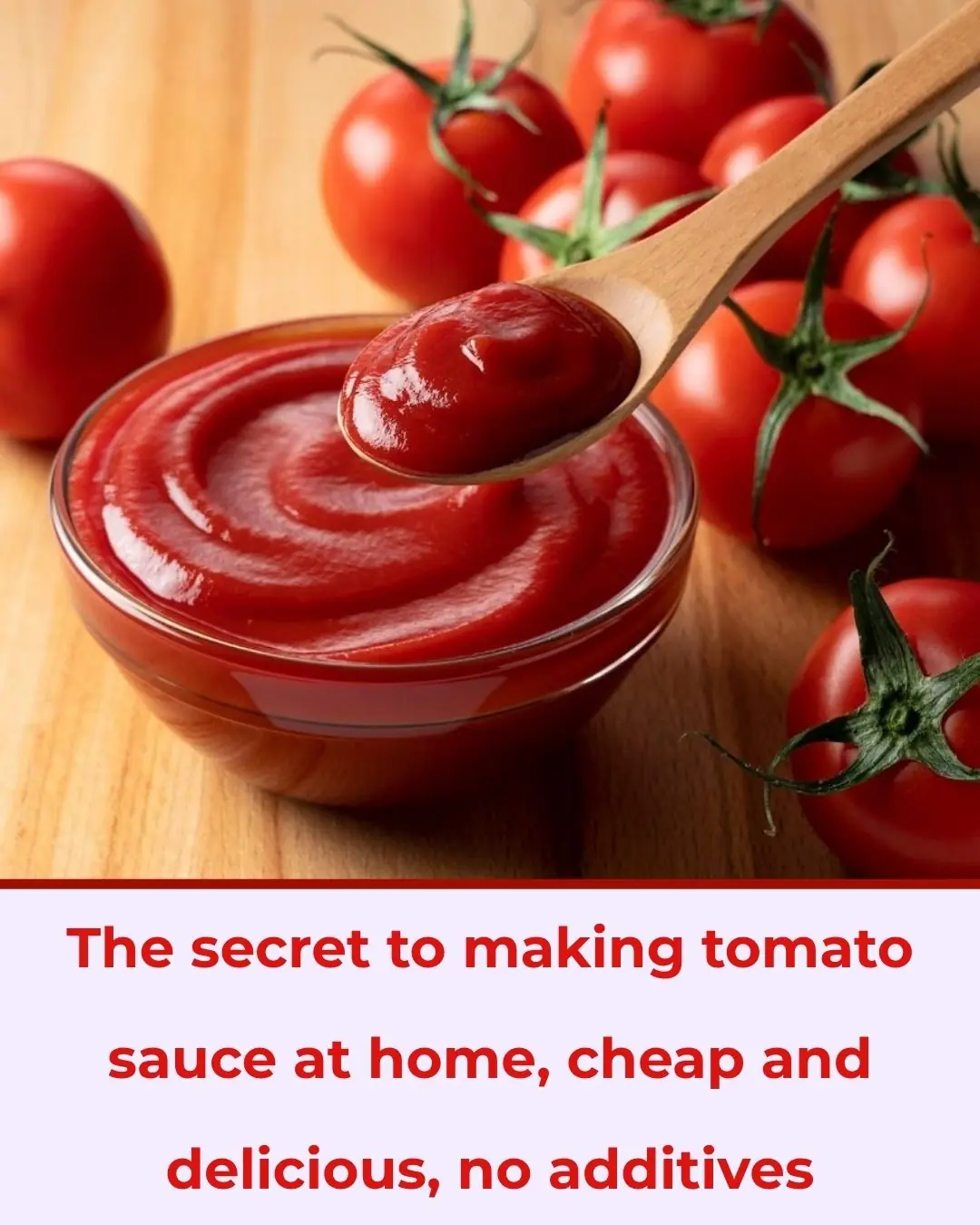
The secret to making tomato sauce at home, cheap and delicious, no additives

The garden has 4 plants. Rắn mê loves them so much, but if you want the whole family to be safe, you should pull them out immediately.
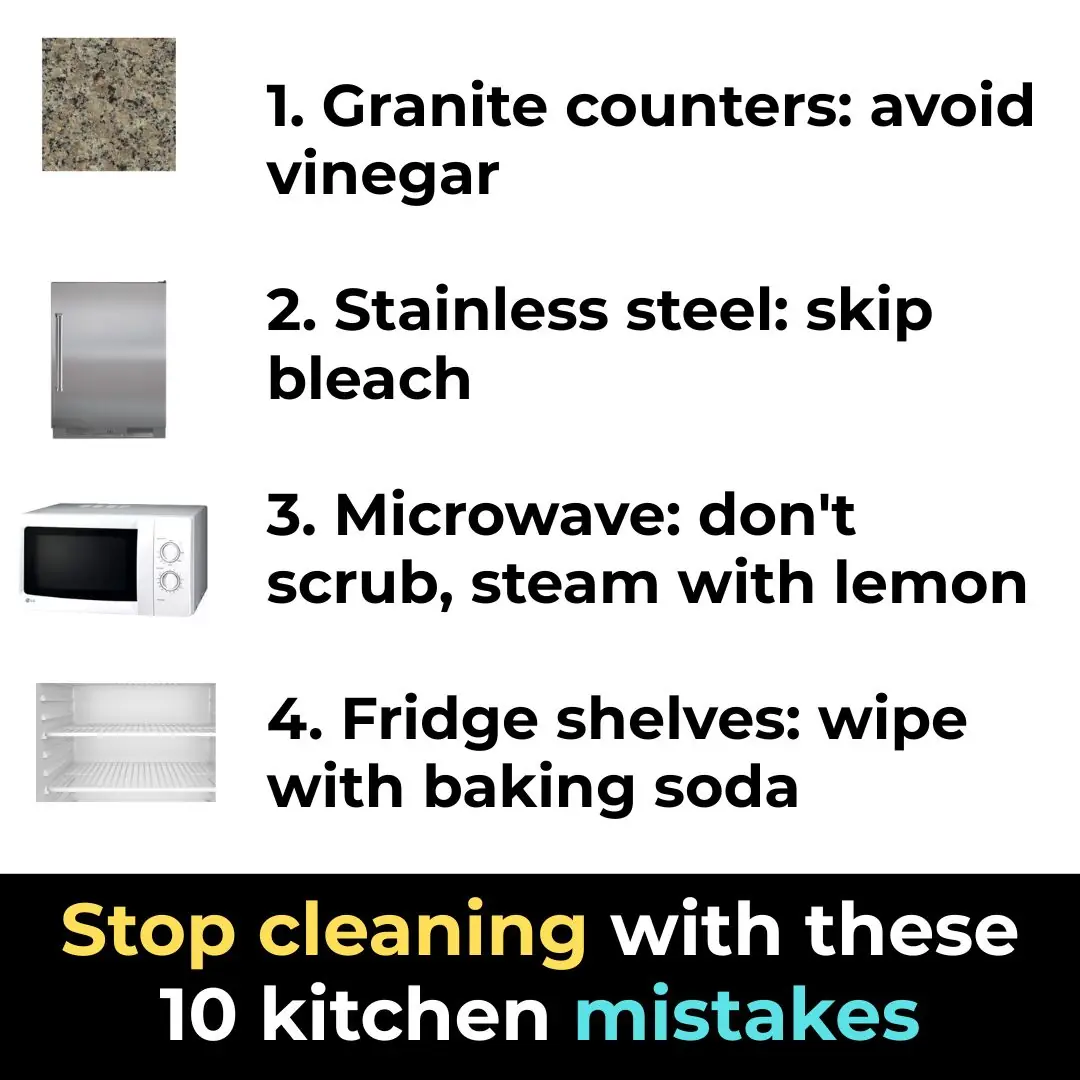
Stop cleaning with these 10 kitchen mistakes

Tips to help hair grow faster, reduce hair loss, and make it shiny by washing your hair with beer
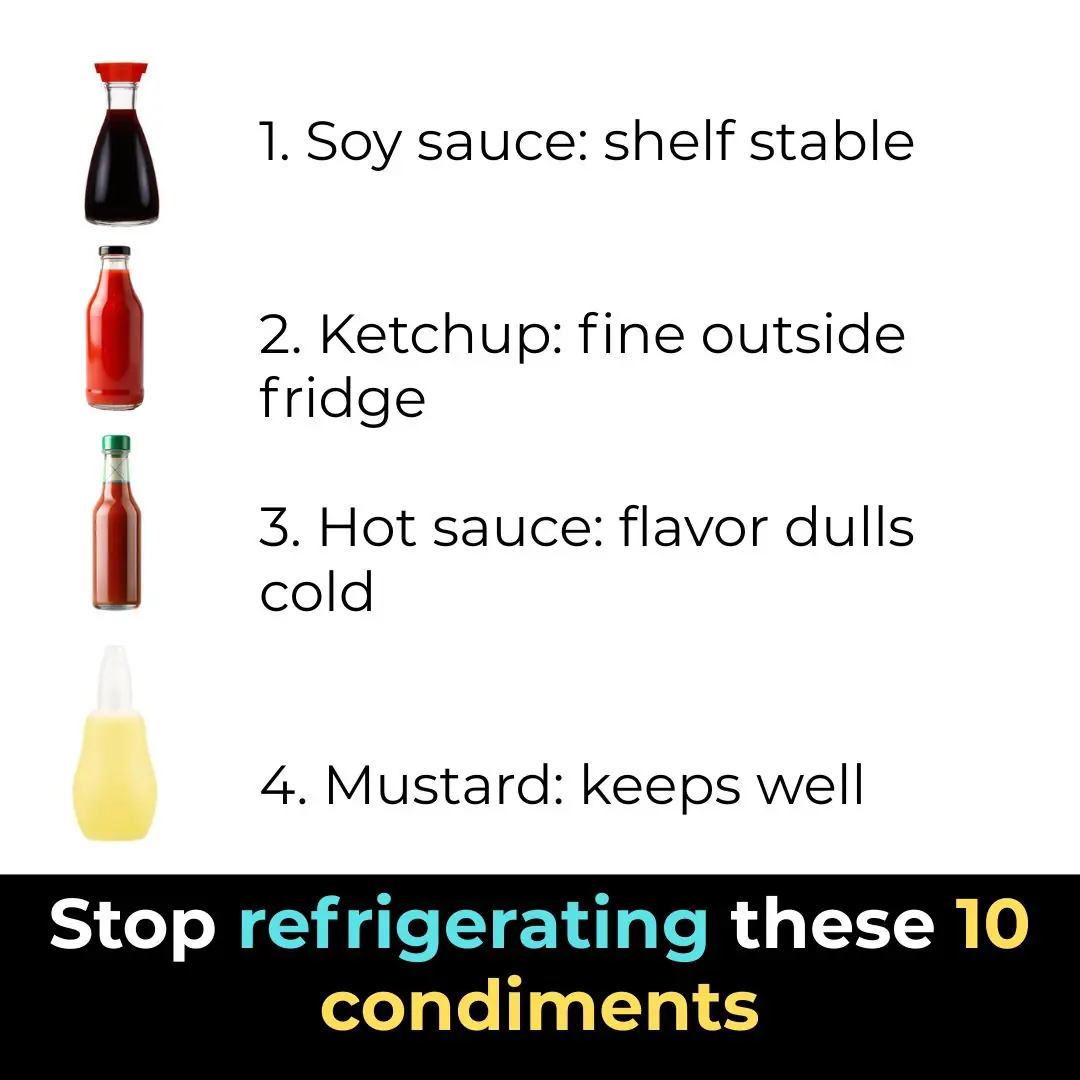
Stop refrigerating these 10 condiments

Put an empty plastic bottle in the washing machine, I admit the person who came up with this trick has a "top notch" IQ

Too many geckos in the house, here's a little trick to make them 'go away and never come back'
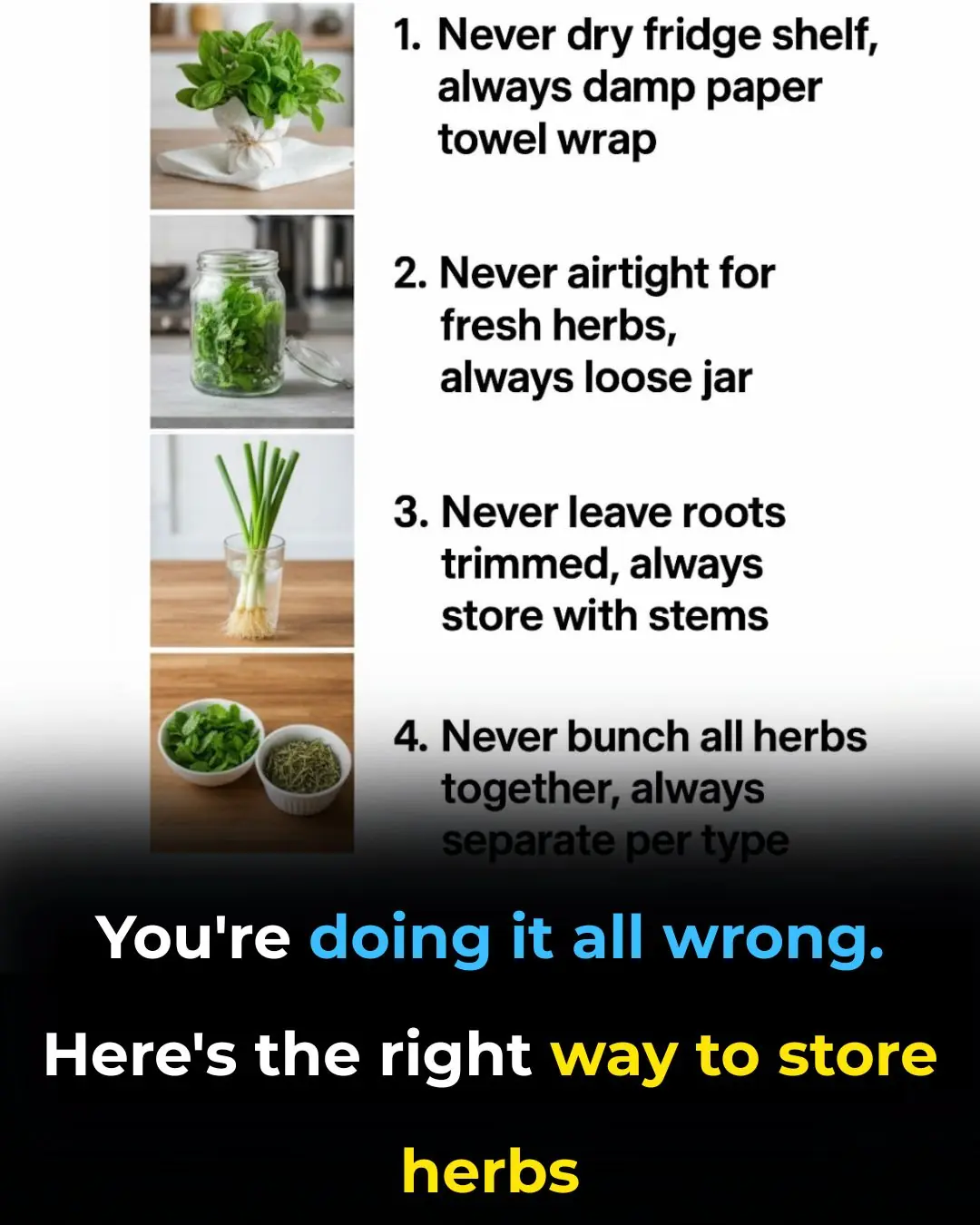
You're doing it all wrong. Here’s the right way to store herbs
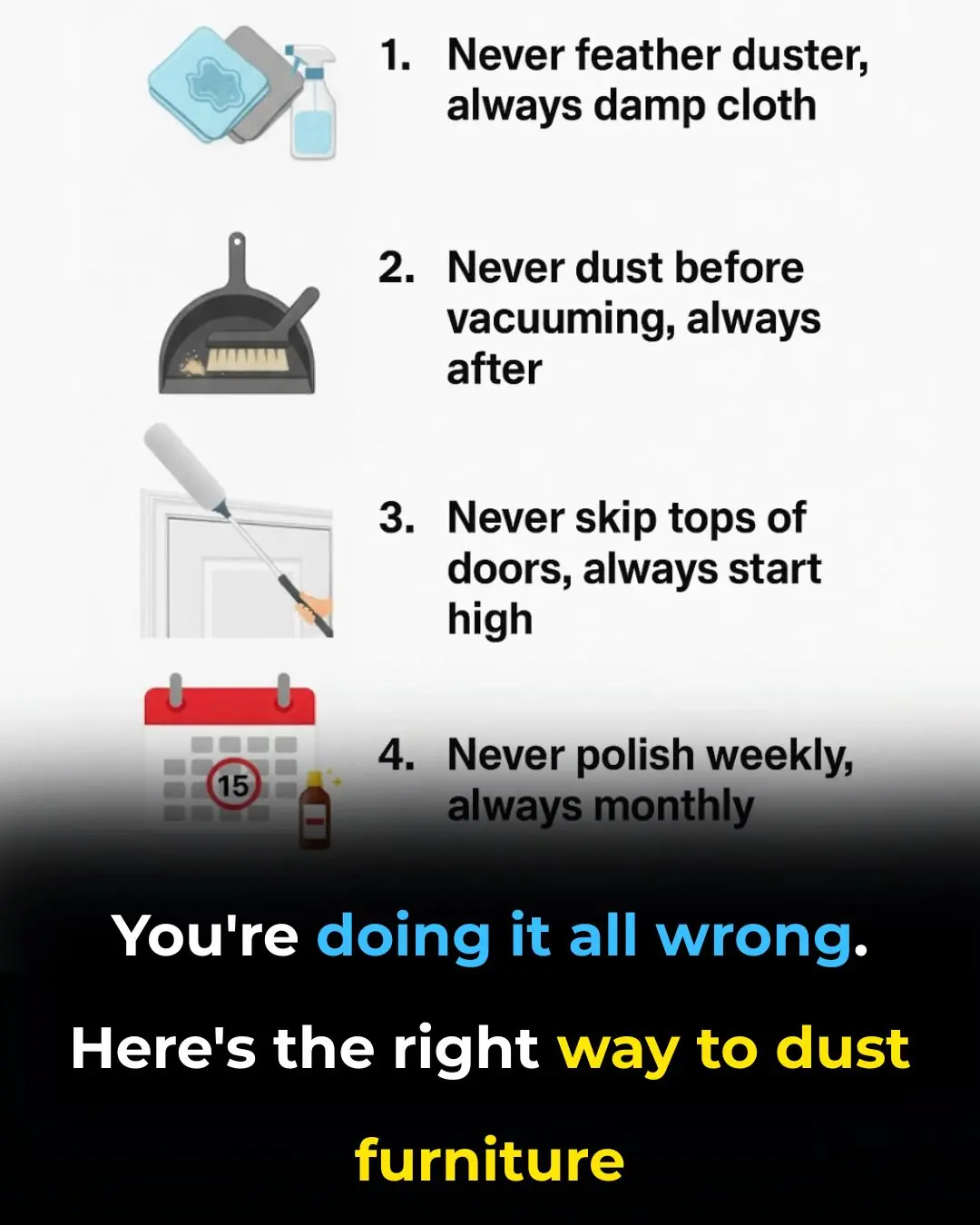
You’re doing it all wrong. Here’s the right way to dust furniture
News Post
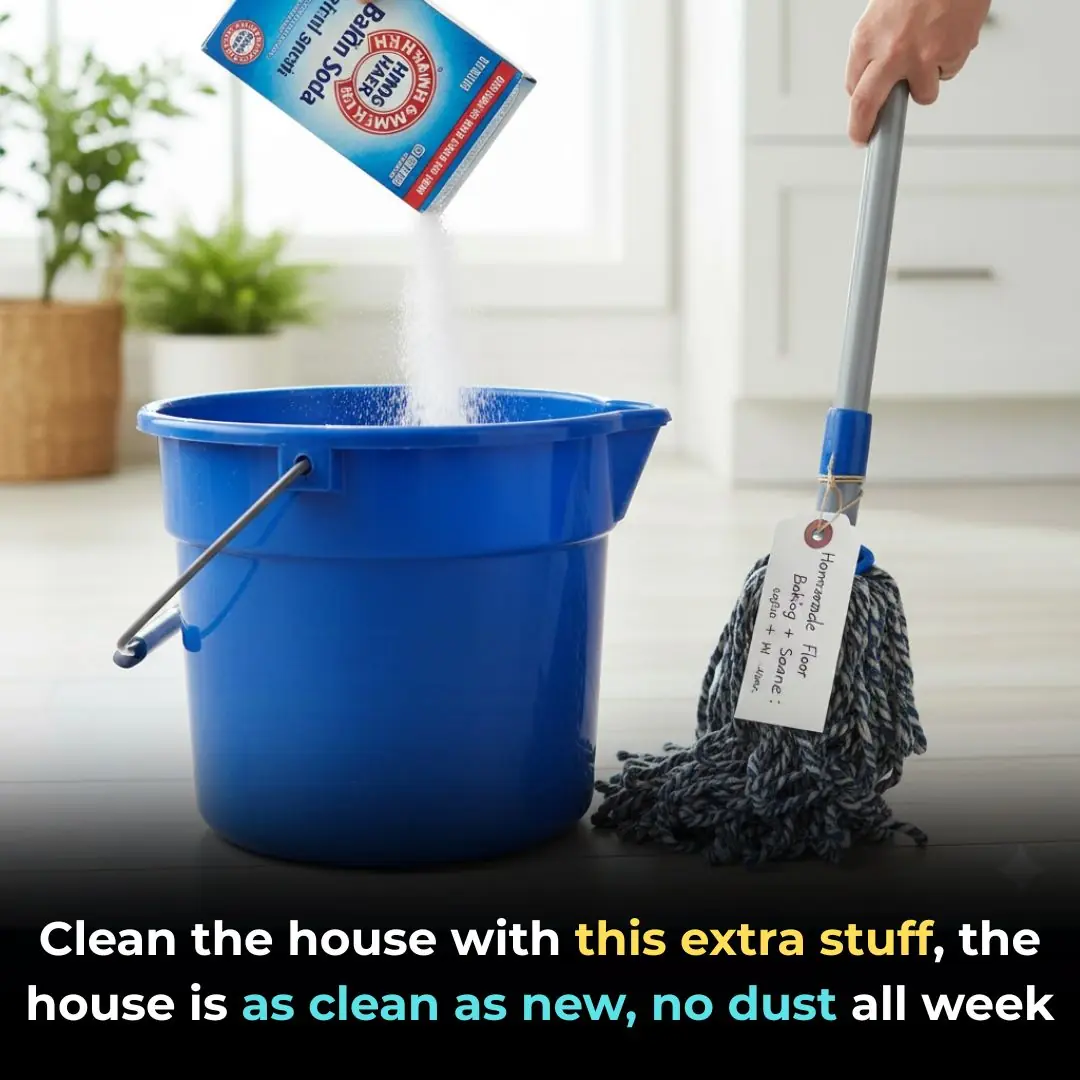
The mop soaks this into the water.
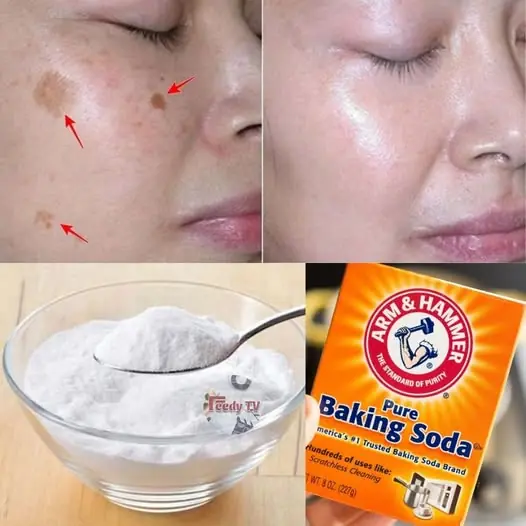
4 Ways To Erase Age Spots with Baking Soda for Youthful Even Skin

How to cook sticky rice without soaking the rice overnight

The pan has lost its non-stick coating, so don't throw it away
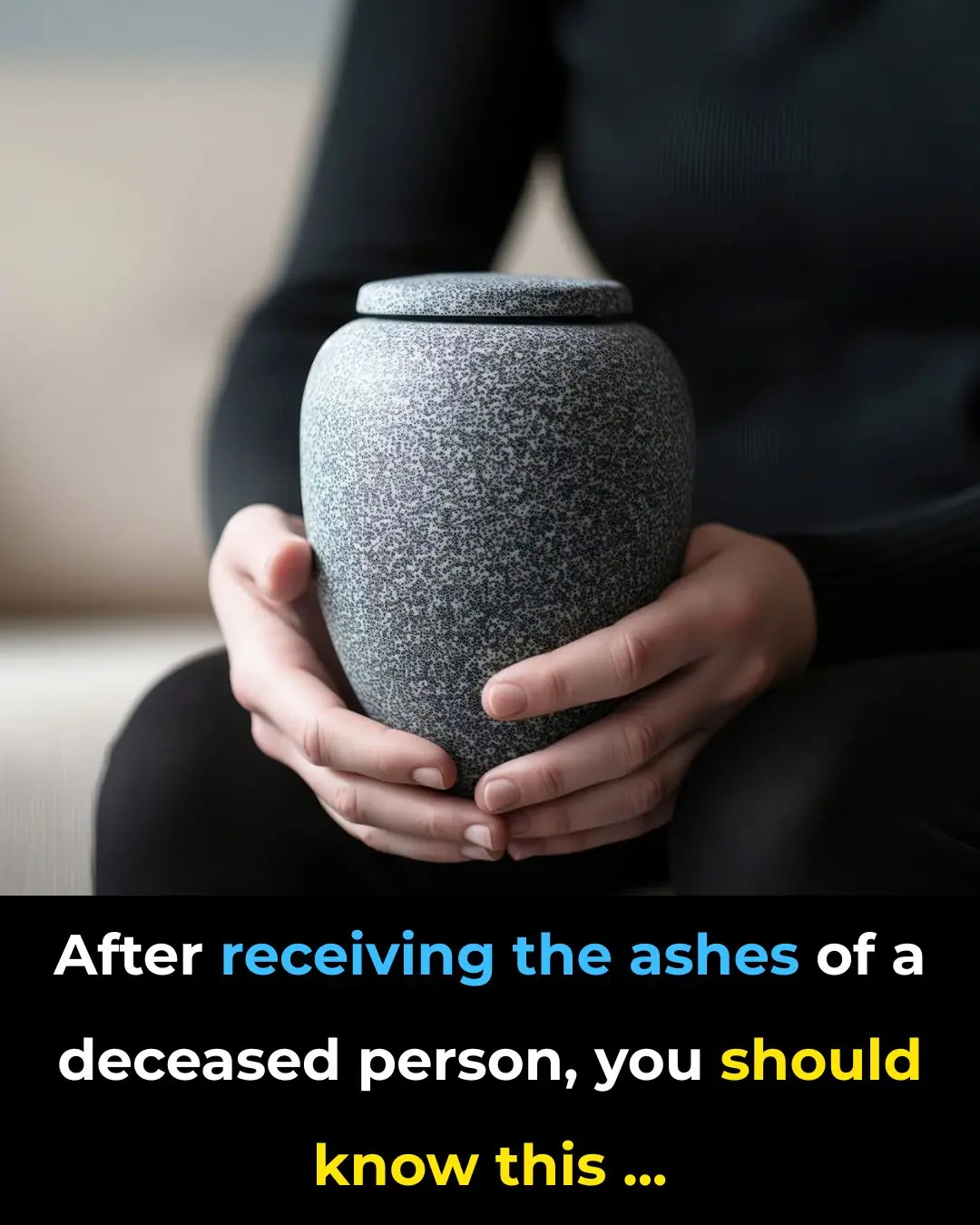
After receiving the ashes of a deceased person, you should know this...

🔧 What the Little Button on Your Seat Belt Really Does – A Tiny Feature With a Big Purpose 🚗✨
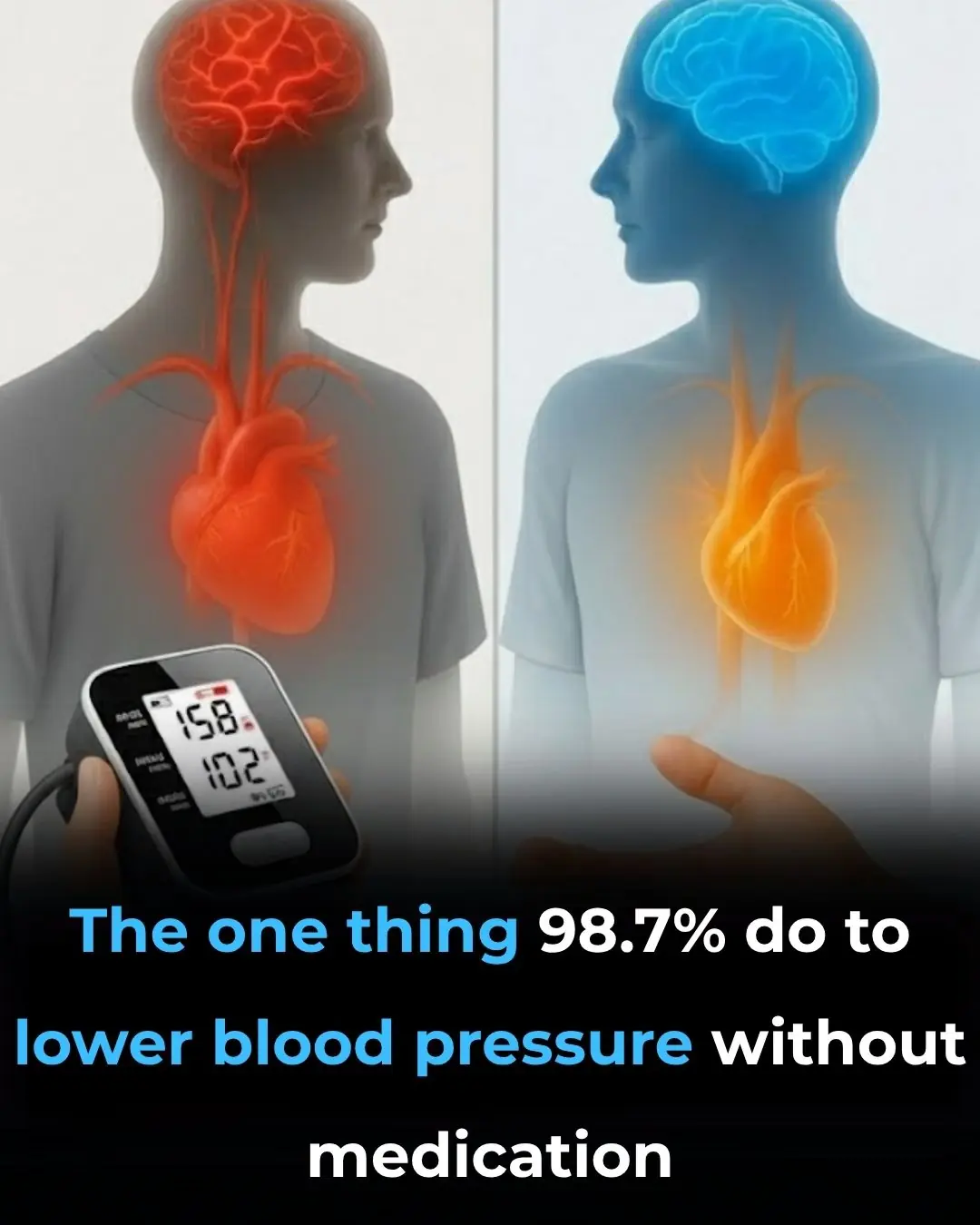
The one thing 98.7% of people do to lower blood pressure without medication

Boil green bananas this way

Why Flight Attendants Often Carry a Banana on Board: The Surprising Benefits
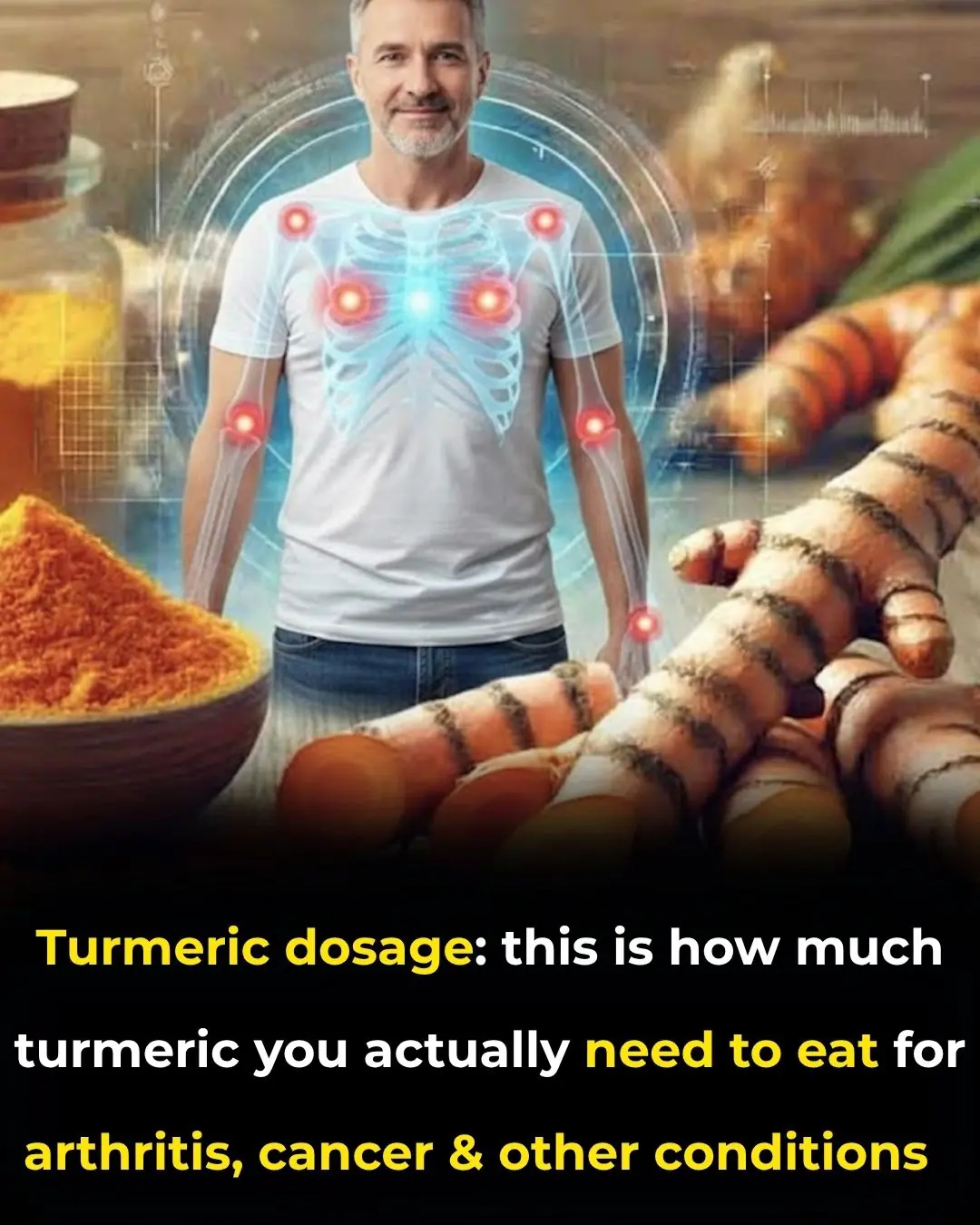
Turmeric dosage: this is how much turmeric you actually need to eat for arthritis, cancer and other diseases

Don’t Toss Your Lemon Peels! 8 Smart Ways to Save Money and Make Life Easier

Why Sleeping in Socks Might Be the Secret to Better Sleep
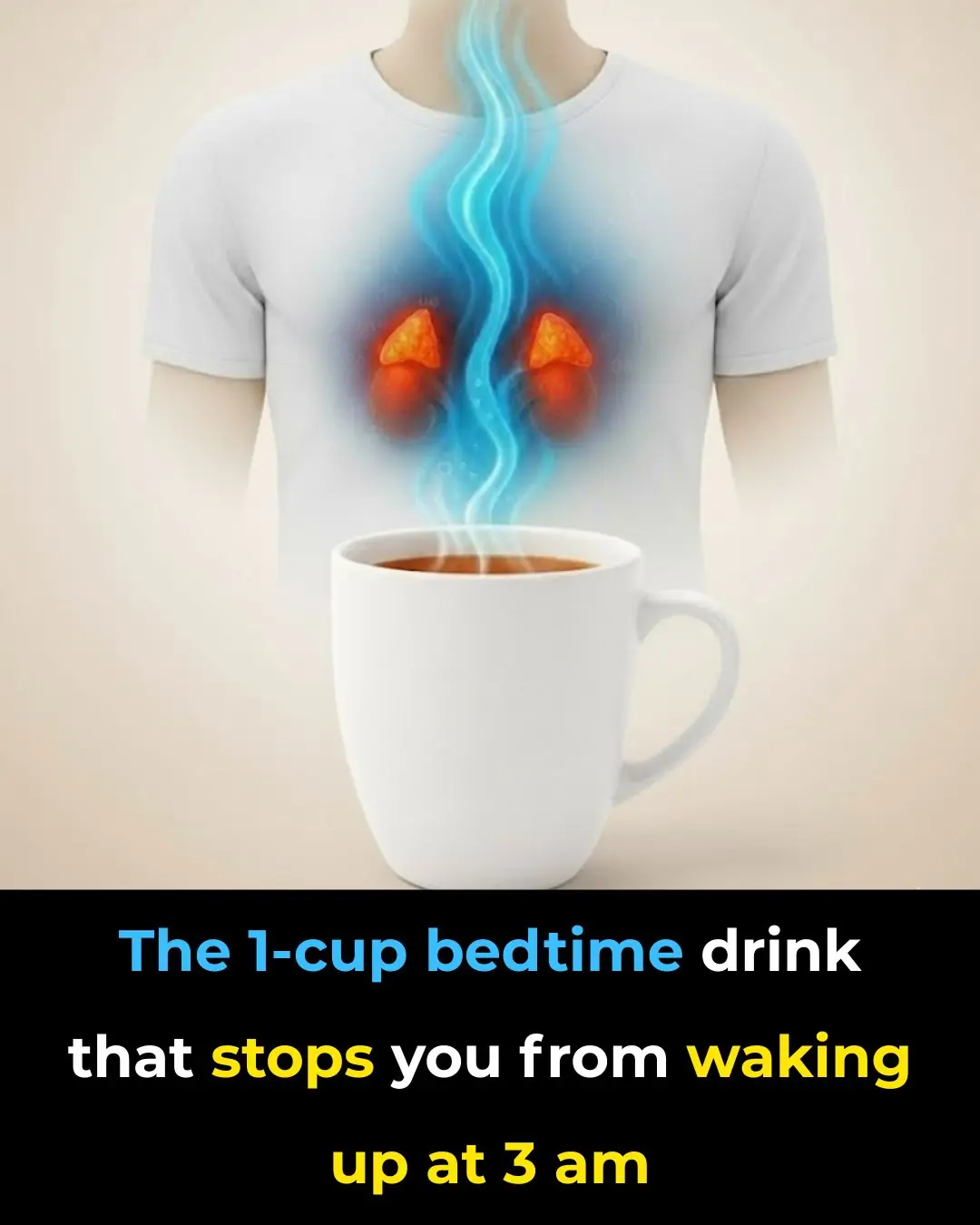
The 1-cup bedtime drink that stops you from waking up at 3 AM
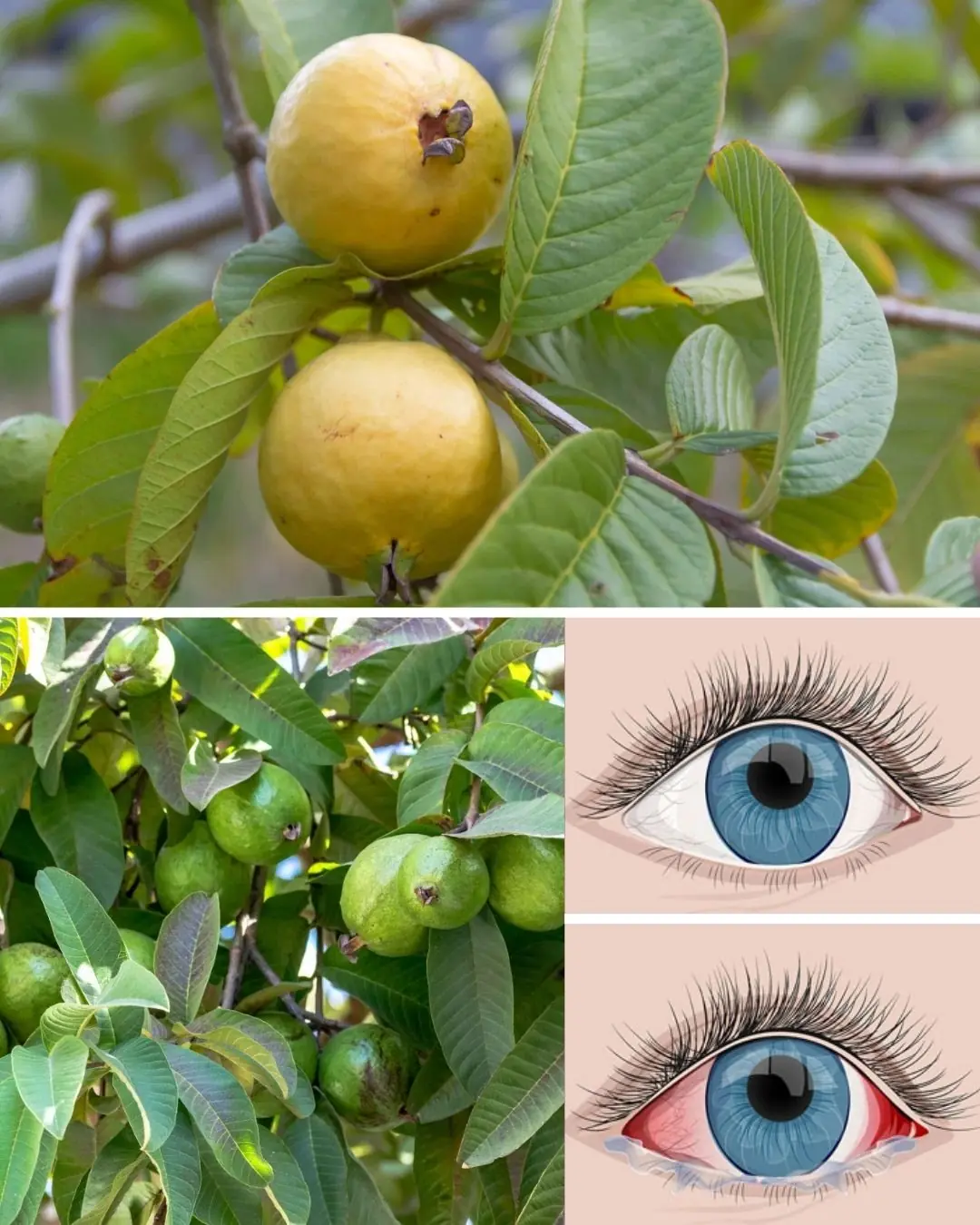
How to Use Guava to Care for Your Eyes: Natural Remedies That Surprise 🌿

The secret to making your own tomato sauce at home
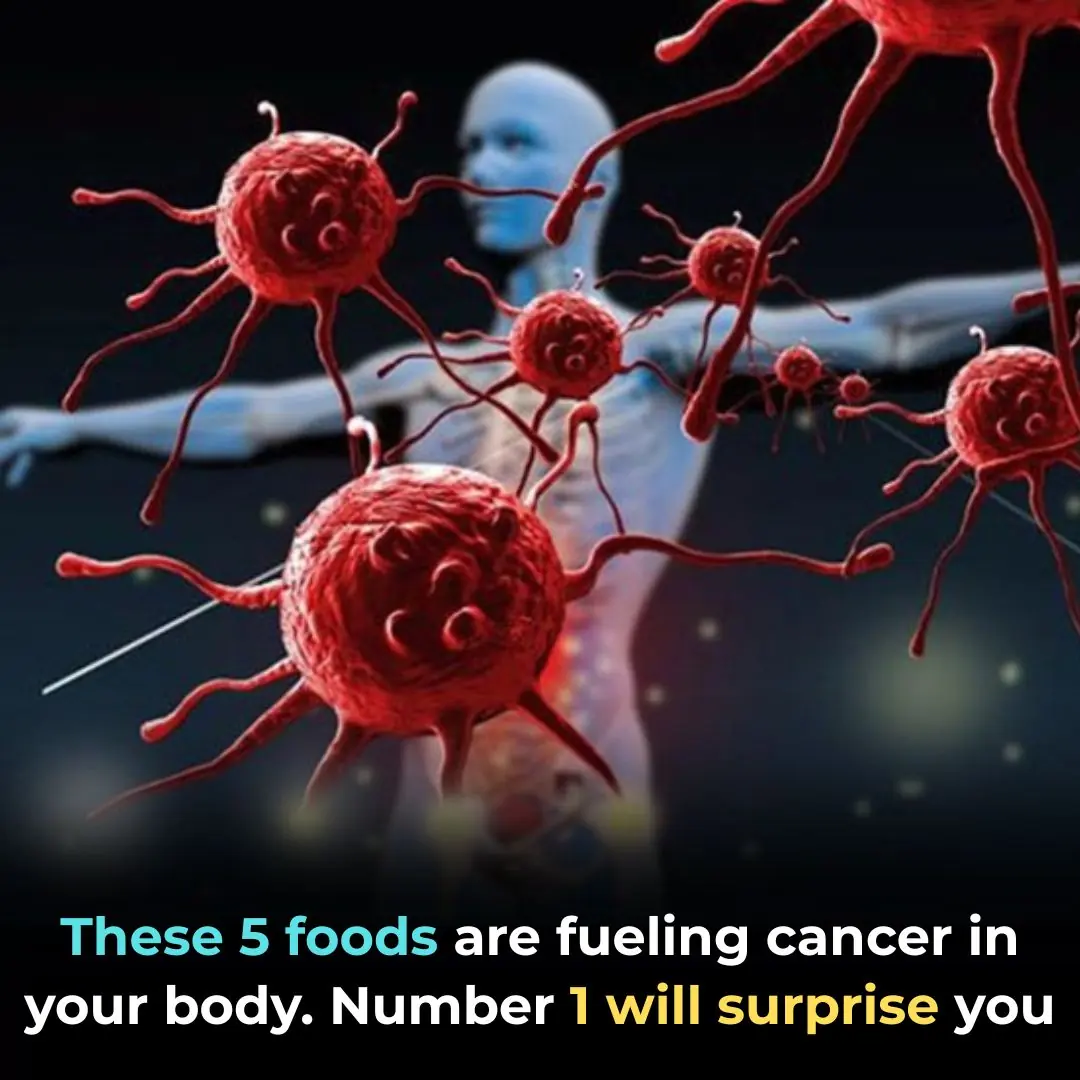
Why Hot Dogs and Processed Meat Might Be the Most Dangerous Foods of All Time
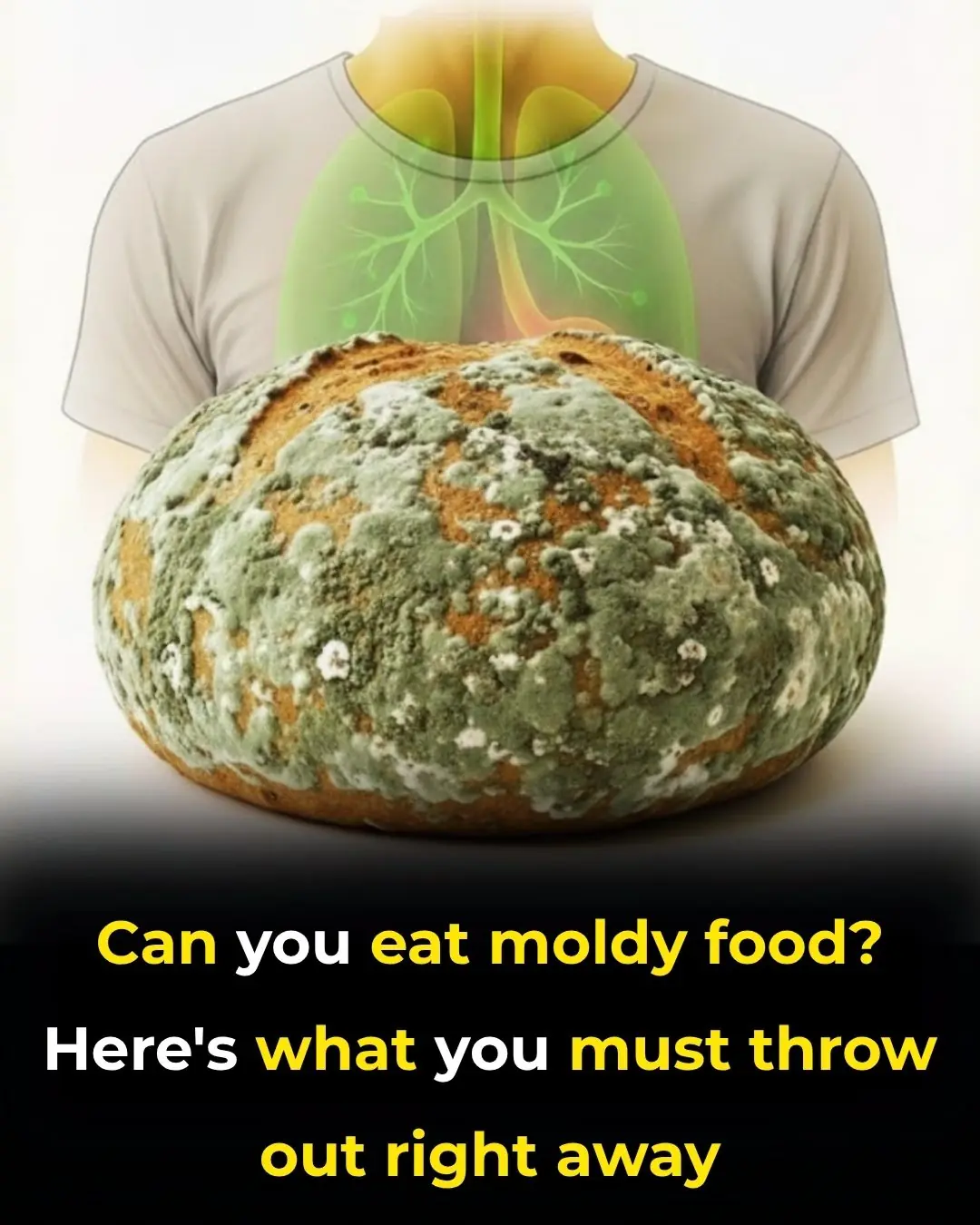
Can you eat moldy food? Here’s what you MUST throw out.
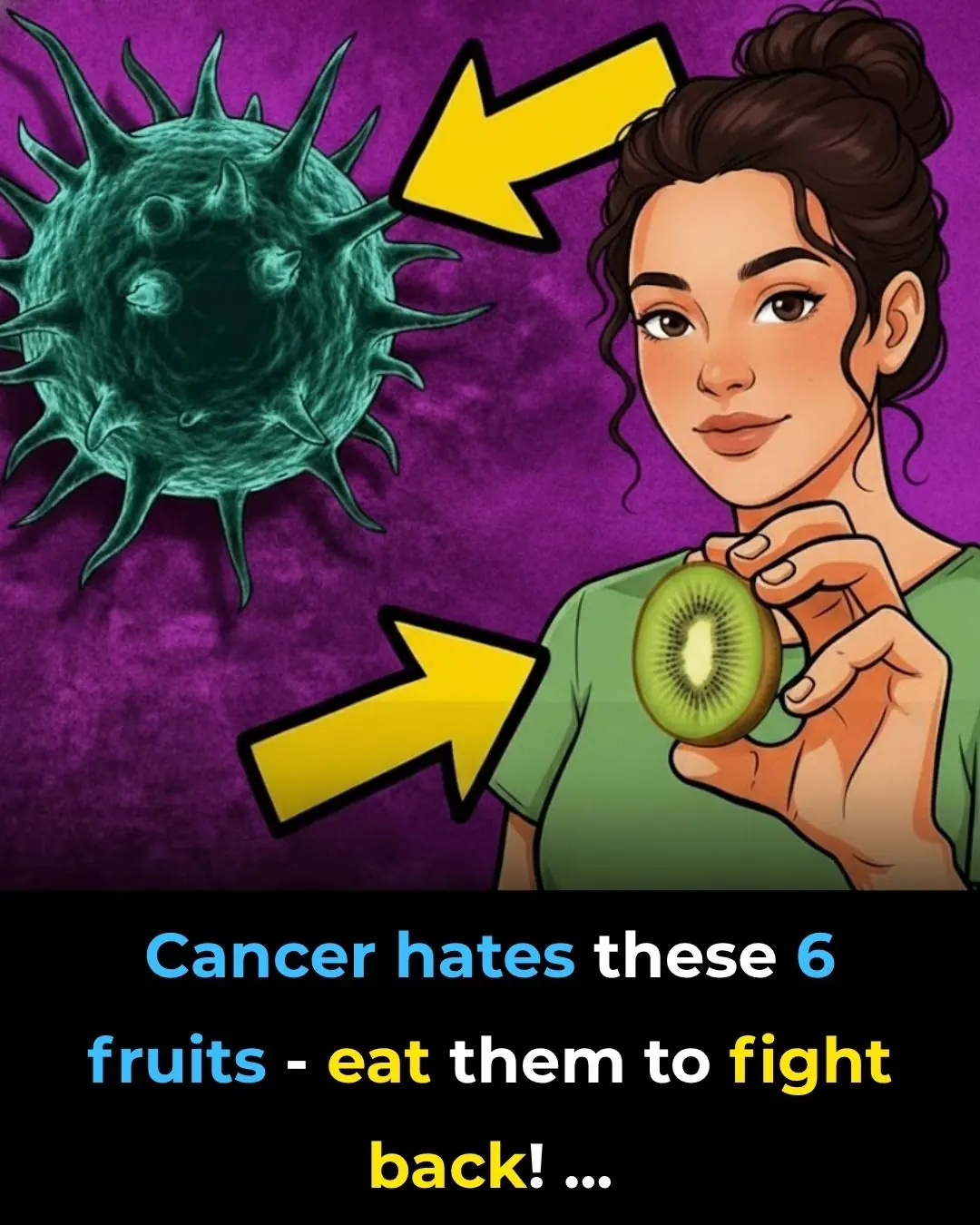
Cancer hates these 6 fruits—eat them to fight back!
